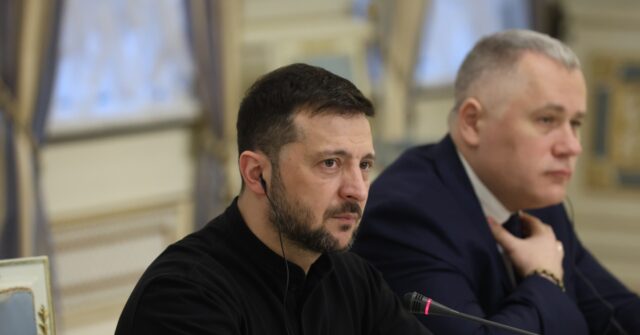Ukrainian President Volodymyr Zelenskyy has recently expressed openness to the deployment of Western troops in Ukraine as part of efforts to secure the nation’s stability and facilitate its progression toward NATO membership. Zelenskyy’s statements, conveyed through his Telegram channel, highlight the importance of establishing clear timelines for Ukraine’s integration into NATO and the European Union. This diplomatic maneuvering is occurring amidst a complex backdrop of international negotiations to conclude the ongoing conflict with Russia, particularly as Russian forces continue to gain ground in the region.
The controversial notion of Western troop deployment has sparked intense debate since Russia’s full-scale invasion of Ukraine on February 24, 2022. At a recent NATO summit in Washington, member countries acknowledged Ukraine’s “irreversible” path toward membership; however, they stopped short of issuing an official invitation, primarily due to concerns about the implications of Ukraine being at war. Notably, both the United States and Germany have expressed reluctance to support Ukraine’s swift accession to NATO while hosting an ongoing conflict, reflecting deep-seated fears of escalating tensions with Russia.
Amid these geopolitical complexities, U.S. President-elect Donald Trump has signaled a desire to work toward a ceasefire, engaging in discussions with Zelenskyy during a meeting in Paris. Zelenskyy underscored the necessity of ultimately addressing the potential for NATO membership with outgoing President Joe Biden, as Trump does not yet have the authority to make binding decisions in this regard. Trump has suggested that he is developing a strategy to bring a close to what he describes as a “ridiculous war” in Ukraine, acknowledging the heavy losses inflicted upon Russian forces.
In light of ongoing military turmoil, speculations about foreign troop presence in Ukraine have proliferated since French President Emmanuel Macron floated the concept earlier in the year. However, this proposal has encountered substantial skepticism from key European states such as Germany and Poland, which unequivocally rejected the idea of deploying troops. Macron has maintained an air of “strategic ambiguity” around which nations might contribute troops, citing concerns over escalating hostilities as a significant deterrent against direct military involvement in Ukraine.
The toll of the conflict continues to mount, with Ukraine enduring relentless assaults, particularly in the eastern Donetsk region. Zelenskyy highlighted the staggering intensity of Russian attacks, which have included nearly 500 guided bombs and hundreds of drones in a single week. He declares that Ukraine yearns for an end to the conflict and is actively pursuing a diplomatic resolution that could avert further loss of life. Concurrently, Zelenskyy expressed gratitude for ongoing U.S. military aid, emphasizing the critical need for support as the situation evolves in Kyiv.
As the political landscape shifts in Europe, notably with looming elections in Germany, varying perspectives on military aid to Ukraine have emerged. Friedrich Merz, the leader of the opposition in Germany, has advocated for a more aggressive military support stance, including the provision of long-range cruise missiles to Ukraine, diverging sharply from the current government’s more cautious approach. Merz articulated the necessity of empowering Ukraine’s military capabilities to target Russian military installations, opposing what he deems a constrained strategy. As the German political sphere prepares for an election on February 23, these discussions on military assistance to Ukraine remain central to shaping the continent’s response to the ongoing conflict.

